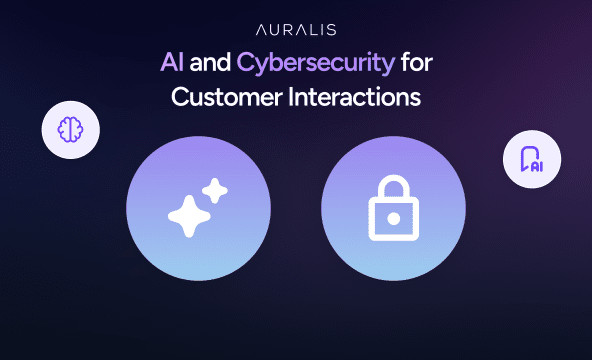AI for cybersecurity
AI for cybersecurity is revolutionizing the way businesses defend their networks, data, and digital assets from increasingly sophisticated cyber threats. By leveraging machine learning, advanced analytics, and real-time monitoring, AI systems can detect, predict, and respond to security breaches faster and more effectively than traditional methods, offering businesses enhanced protection against cyber-attacks.
One of the primary advantages of AI for cybersecurity is its ability to identify patterns and anomalies within vast amounts of data. Traditional security systems often struggle to detect new or advanced threats that do not match known signatures or patterns. However, AI systems can learn from historical data, recognize emerging threats, and adapt to new attack strategies. This enables AI to spot irregular behavior or signs of potential breaches, even in real-time, allowing businesses to take proactive measures before an attack escalates.
AI-driven threat detection can help prevent various types of cyber-attacks, such as phishing, malware, ransomware, and data breaches. By analyzing user behavior and network traffic, AI can flag suspicious activity that may indicate a cyber threat, such as abnormal login attempts, unfamiliar devices accessing sensitive data, or sudden surges in network traffic. This early detection minimizes the risk of widespread damage and allows security teams to act quickly.
Another key advantage of AI for cybersecurity is its ability to automate response actions. When a threat is detected, AI systems can take immediate action to neutralize or contain the attack, such as isolating affected systems, blocking malicious IP addresses, or alerting security teams in real-time. This automated response reduces the time it takes to mitigate threats, ensuring that businesses can limit the impact of cyber-attacks without delay.
AI also strengthens vulnerability management by continuously monitoring networks and systems for potential weaknesses. Machine learning algorithms can assess security gaps, predict which vulnerabilities are most likely to be exploited, and suggest remediation strategies to strengthen defenses. This helps businesses stay one step ahead of attackers by ensuring that security measures are constantly updated and adapted to new risks.
Additionally, AI can assist with endpoint security by monitoring devices connected to the network, such as laptops, smartphones, and IoT devices. AI can detect unusual activities on these endpoints, such as unauthorized software installations or unusual data transfers, which could indicate a compromise. With AI’s ability to monitor all endpoints simultaneously, businesses can ensure that all devices are secure and prevent potential entry points for cybercriminals.
In conclusion, AI for cybersecurity is essential for modern businesses that need to stay ahead of evolving cyber threats. By combining advanced data analysis, real-time threat detection, automated response, and continuous vulnerability management, AI provides businesses with the tools they need to protect their digital infrastructure, safeguard sensitive information, and ensure business continuity in the face of growing cyber risks.

- Articles
-
 Amy
Amy
- 7 min read
